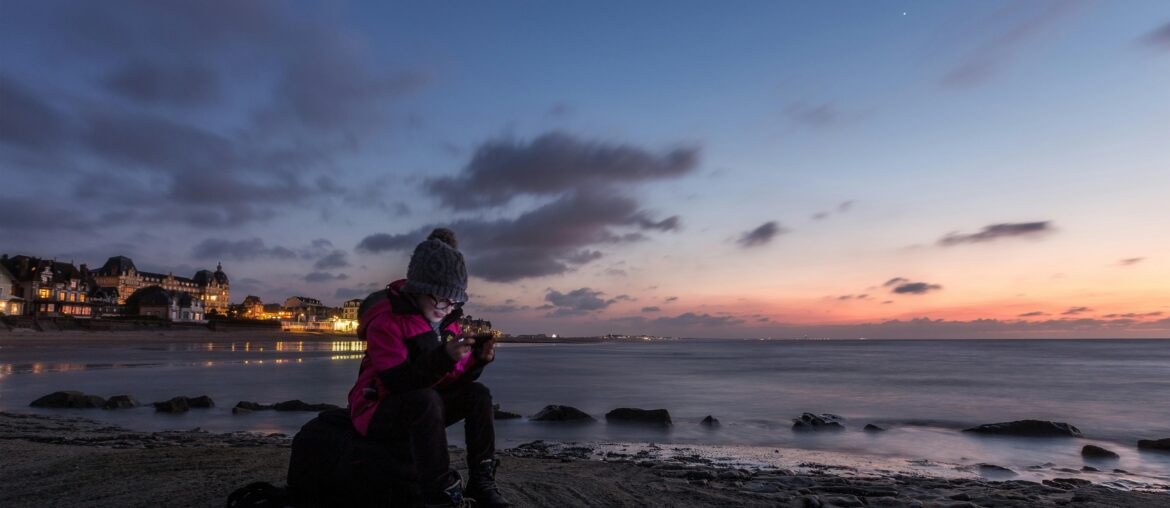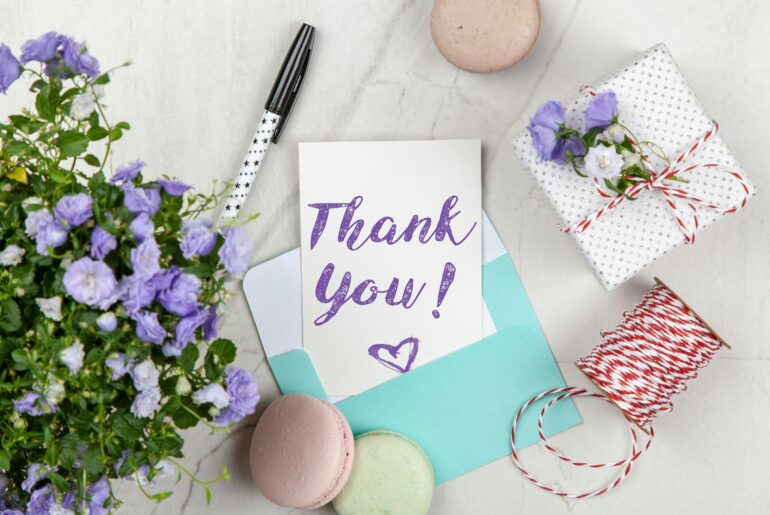It’s your birthday. You have received birthday wishes from almost all your social media followers. After all, 3000 FB friends, 1000 Instagram followers, 800 Twitter followers, and 500 LinkedIn connections matter. Or at least they mattered when you have created your account on such sites. Thanks to smartphones, social networking sites, and this fast-growing digital age. Now, coming to your birthday, you keep checking your notifications to see who has wished you or who is left behind. Moreover, it has been quite a busy day for you, while replying to those texts or emails from all your connections. And while doing that, you keep asking yourself a question. “Am I more connected or more isolated?”
“Am I replying to these messages because I am really grateful or is it a mere formality?”
“If I am this much connected with so many people out there, why am I still feeling lonely?”
“Have these connections made me more isolated?”
Despite these large number of connections, you still feel an inexpressive emptiness somewhere in your heart. And soon you realize that your past birthday celebrations with your limited 5 to 6 people gave you more happiness and satisfaction than these formal birthday wishes from thousands of your so-called connections on the internet. Maybe that’s the difference between real and virtual connections. And hence, you can’t help but notice an emotionally unpleasant state, an ache known as loneliness.
Does our technology connect us more or isolate us more?
Our culture has put upon us these expectations that if we’re going to be successful we need to have a huge network of contacts
says Susan Matt, a history professor at Weber State University in Ogden, Utah, who specializes in history of emotions.
As a result, almost every one of us is online most of the time. We have so much contact with so many people out there, but sadly, very little meaningful connection. In other words, these connections are rich in quantity but not in quality. It’s hard to tell whether we feel more lonely because of most of the time we spend online or we’re spending so much time online because we feel lonely. Seems like a reversible reaction that we read in chemistry!
In a world where connecting with a large number of people can not become much easier than it is right now, ironically we seem more disconnected than ever. The question arises why and how?
How can you feel isolated when you are constantly connected through social media?
If given a choice to connect face to face, why is it that we choose to stay disconnected while faking busyness on our phones?
What’s the point of having so many friends online when you can’t find a single soul at times when you really need them?
Numerous studies have found that the more time we spend using the Internet, the more increment in cases of loneliness, depression, and inadequacies have been noticed in the developed world over the last few decades. Moreover, because we are glued to our phones most of the time, we forget that we’re making those around us lonely too, especially children and people of much older age like our grandparents. And I feel that is the scariest thought of all because they are the very people who can help alleviate our feelings of loneliness. The quality time which we should be spending with them is spent on our virtual connections.
Some of the dangers of too much interaction online:
We are more interested to know what other people are doing online, rather than paying attention to the people who are right in front of us. We have given priority to our virtual connections rather than making real and meaningful connections. Then how can we expect someone to help us or sympathize with us or listen to us when we need them?
Therefore, it has increased isolation. Because without meaningful relationships, it’s possible to fall into the loneliness trap irrespective of the number of people that surround you.
Social media connectivity tends to
- Replace real face-to-face connections.
The art of communication is gradually being lost since we can’t see people’s reactions, their expressions, listen to or feel the excitement or sadness in their voices that is proper human interaction specifically the type we used to have before the days of Facebook, Twitter, texting, emails, etc. As a result, we can lose our ability to be real, to be vulnerable, and to trust others.
- Social media connection increases feelings of envy and jealousy.
Because we make so many comparisons. But we have forgotten that we are not comparing it with reality. We can now effortlessly reach to visual stories of people’s lives, observing some of their greatest captures and moments, including achievements and picture-perfect scenarios. Therefore, it’s easier than ever to fall into the disastrous Comparison Trap.
- It doesn’t make users feel emotionally closer to their offline contacts.
At the dinner table, in a family of four, everyone can be seen staring at their screens while eating. They’re not engaging with each other. When you are spending all your time, energy, and emotions in the online world, then how and when will you give importance to your offline world?
SUMMARY
Ever since the origin of social networking sites, the question which remained constant without a proper conclusive answer is whether such sites make people more or less lonely. There is no doubt that social media has benefitted most of us in some or another form, especially when it comes to light-hearted and funny entertainment. It would be much better if we keep using this platform for that only, rather than talking about anything of actual emotional value.
We all get lonely from time to time. But when it transcends into social media it really does highlight the fact that we should be able to come up with something else to do in our free time like taking a walk or reading a book or hopefully interacting with a real person. Separate yourself from your digital connections from time to time and soon you will figure out what’s feeding your soul. A principle defined as “Digital Minimalism” by Cal Newport accurately explains the power of disconnecting from the virtual world in order to connect with the real world. Note that it’s equally important to feed your soul offline than just online. Only then you can figure out that meeting your friend in real may indeed be more gratifying than curling up with a computer.
Discover more from Talking Concept
Subscribe to get the latest posts sent to your email.





2 Comments
Quite factual considering the 21st century people and the effect of western culture.
Yes, Indeed